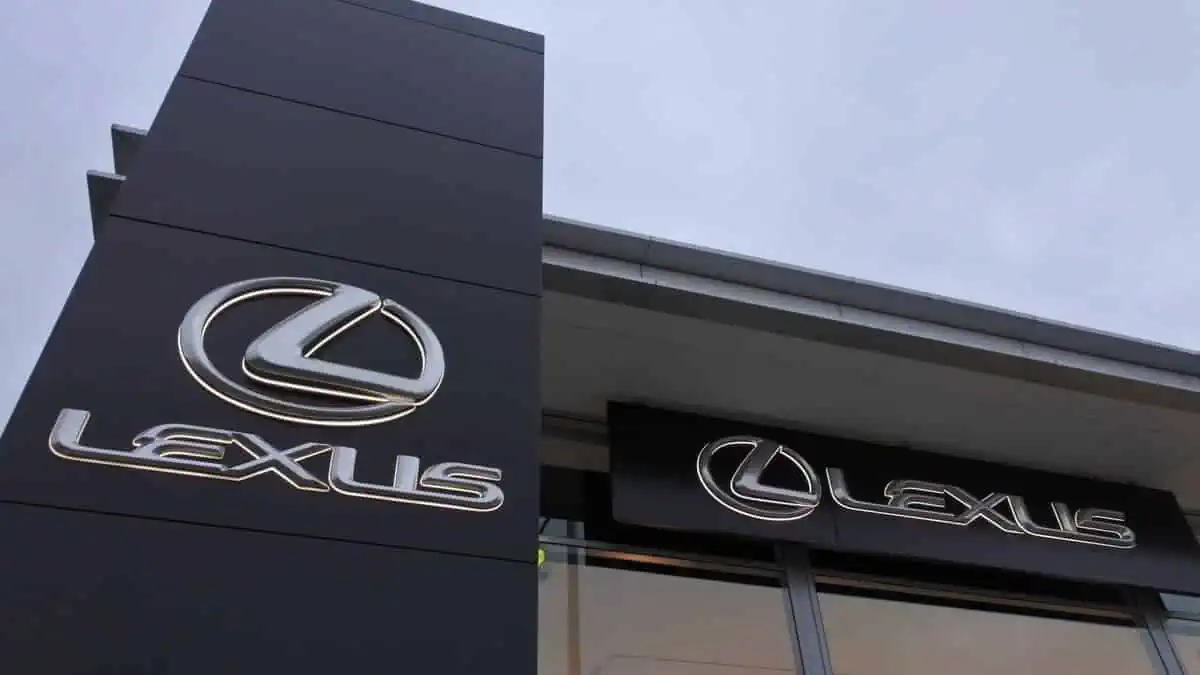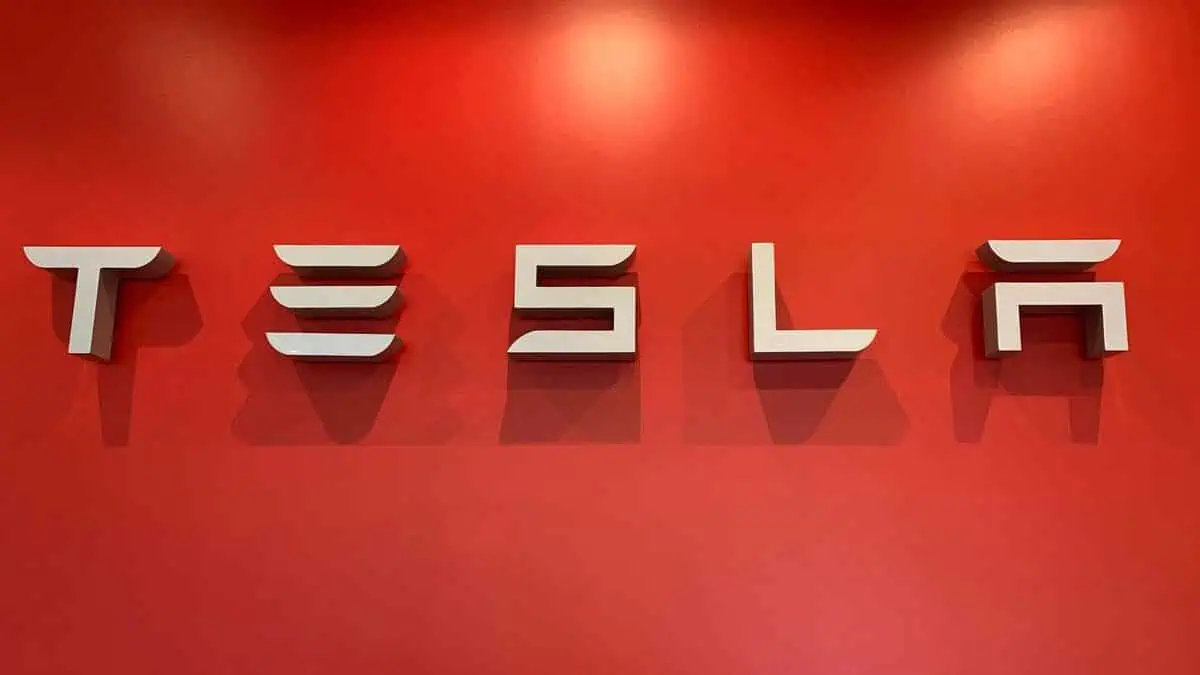Toyota-owned luxury brand Lexus has just taken a page from Tesla’s book as it welcomes other electric vehicle models to its charging network in Japan, according to The Japan News.
Lexus stations now welcome other EVs in Japan
Toyota reportedly announced that Lexus’ charging stations are now available to other electric vehicle models in Japan.
Lexus drivers used to have exclusive access to its charging stations. They could reserve their spot through the My Lexus mobile app up to 60 days in advance. The app automatically handles payments, enabling a seamless charging experience like Tesla Superchargers.
However, Lexus’ charging stations offer major benefits, such as free drinks, workspace, and discounts on nearby services.
The opening of Lexus’ charging stations to non-Lexus cars makes them accessible to all electric vehicle drivers who need to charge on 150kW max fast chargers.
Limited network currently, but expansion planned
Lexus launched its inaugural “rapid charging station” in Tokyo Midtown Hibiya last June, initiating the Lexus Electrified Program.
It then opened its second charging station at Karuiza Common Grounds in December last year.
In comparison, Tesla Superchargers currently has more than 15,000 stalls in the US and Canada and over 50,000 worldwide.
While Lexus’ charging network is limited as of today, it aims to expand to about 100 new stations in Japan by 2030.
Lexus’ current electric vehicle charging stations consist of fast chargers with a maximum output of 150 kW. Meanwhile, Tesla’s popular Superchargers can yield up to 250 kW peak charging rates. It previously confirmed that its V4 Supercharger will deliver a peak output of 350 kW. However, it is currently limited to 250 kW.
Toyota’s EV adoption status
Toyota, along with its Lexus brand, continues to lag behind the global adoption of electric vehicles.
Despite the new leadership’s stronger electrification push, the Japanese automaker remains dedicated to its hybrid powertrain technology and gas-powered vehicles.
In the first four months of the year, Toyota and Lexus’ global electric vehicle sales reached 46,033 units. This figure represents only 3.4% of Toyota’s cumulative car sales of 1.3 million units in the same period.
Lexus’ move to accept other EVs in its charging stations demonstrates its commitment to contributing to the wider adoption of electric vehicles by alleviating the issues associated with the lack of charging infrastructure. While the network is currently limited compared to Tesla’s Superchargers, Lexus plans to expand to 100 stations by 2030.






